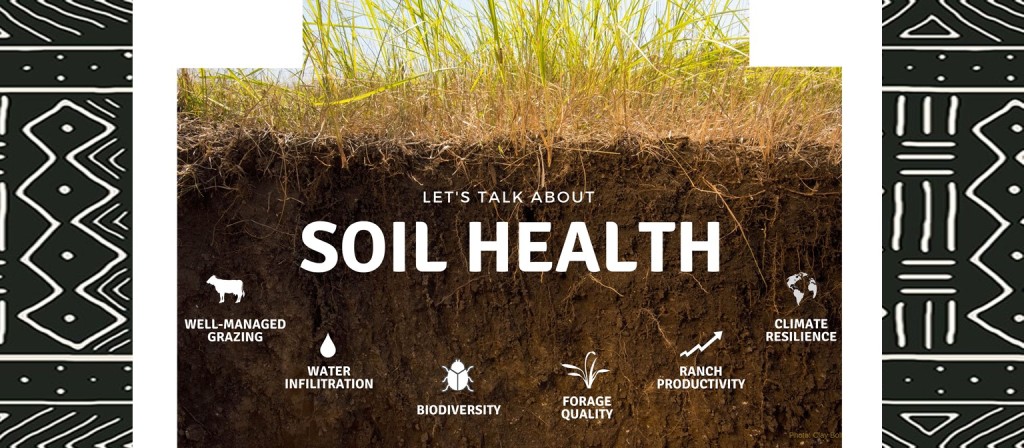Soil health management is a crucial aspect of maintaining the fertility and productivity of your land. Whether you are a homesteader, gardener, or farmer, taking care of your soil will ensure long-term success in growing crops and sustaining your livelihood. In this article, we will address some frequently asked questions about soil health management.
Q: Why is soil health important?
A: Soil health is essential because it directly influences plant growth and overall ecosystem functioning. Healthy soil provides nutrients to plants, retains water for their use, supports beneficial microbial activity, and allows for proper root development.
Q: How can I improve soil health?
A: There are several practices you can implement to enhance your soil’s health:
1. Organic matter addition: Incorporate compost or well-rotted manure into the soil to increase organic matter content.
2. Crop rotation: Rotate different crops each year to prevent nutrient depletion and reduce pest and disease pressure.
3. Cover cropping: Plant cover crops such as legumes or grasses during fallow periods to protect the soil from erosion, suppress weeds, add organic matter when tilled in, and fix nitrogen.
4. Minimize tillage: Reduce unnecessary tilling as it disturbs the natural structure of the soil and destroys beneficial organisms.
5. Mulching: Apply organic mulch like straw or wood chips on top of bare soil surfaces to conserve moisture, moderate temperature fluctuations, control weeds, and promote microbial activity.
6. Avoid compaction: Limit heavy machinery access on wet soils as compacted soils restrict root growth.
Q: Is chemical fertilizer harmful to soil health?
A: Chemical fertilizers are not inherently harmful if used judiciously; however excessive use can lead to imbalances in nutrient levels over time. It is recommended to conduct a thorough analysis of your soil before applying any fertilizers so that you can make informed decisions regarding nutrient supplementation.
Q: Can I test my own soil at home?
A: Yes, there are DIY soil testing kits available that can provide basic information about your soil’s pH level and nutrient content. However, for a comprehensive analysis, it is advisable to send samples to a professional laboratory.
Q: How often should I test my soil?
A: It is recommended to conduct a full soil analysis every 3-4 years or whenever you observe significant changes in crop growth. Regular monitoring will help you identify any deficiencies or imbalances and allow you to take corrective measures promptly.
By prioritizing the health of your soil, you will be rewarded with improved plant growth, increased yields, and reduced reliance on synthetic inputs. Implementing sustainable practices not only benefits your immediate needs but also contributes to long-term environmental conservation. So go ahead and invest in your land’s future by taking care of its most important asset – the soil!


Leave a comment